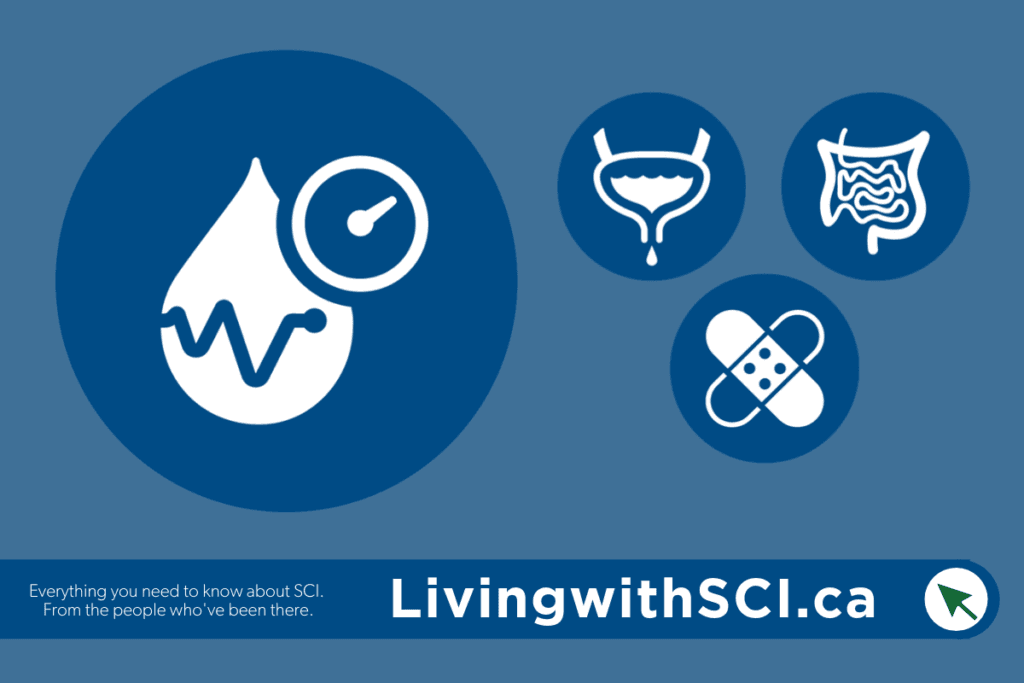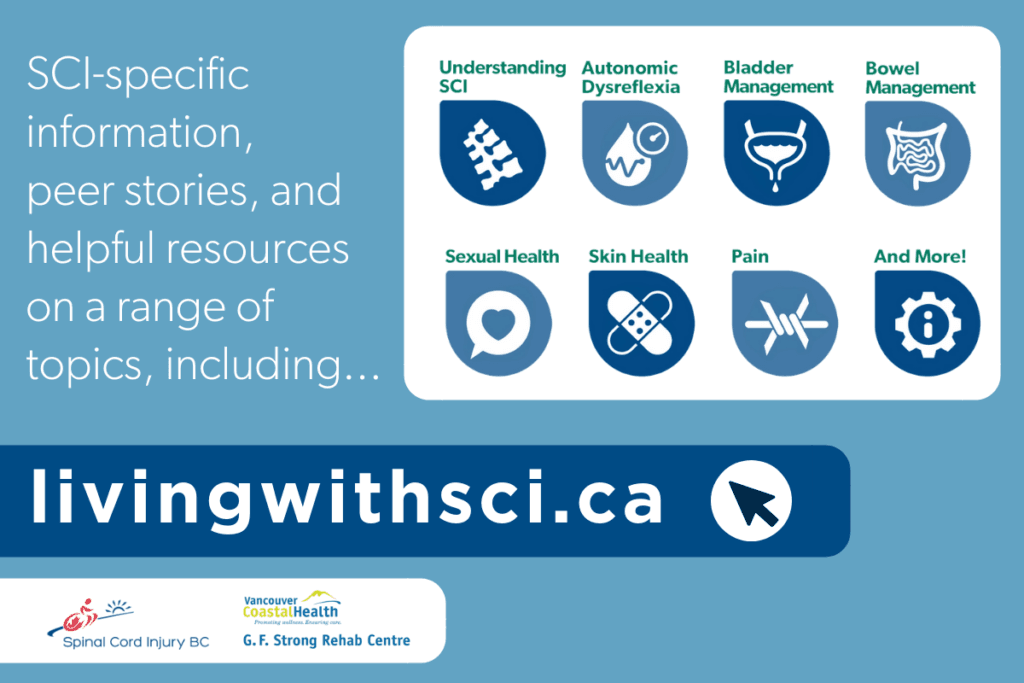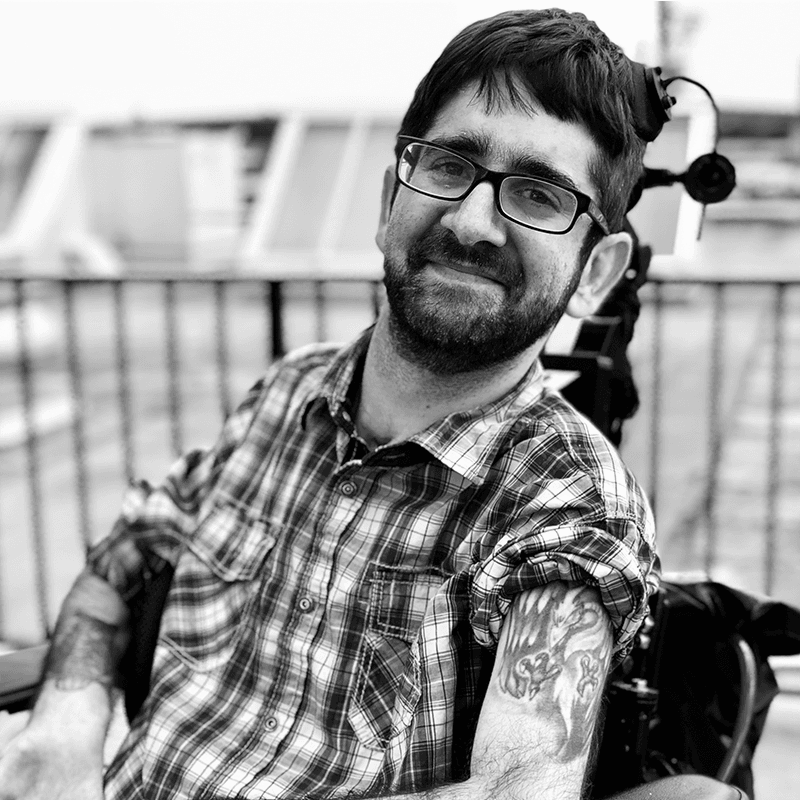Pressure On: New Research on Neurostimulation and Blood Pressure

Researchers have made an important breakthrough in neurostimulation and the search for a treatment for low blood pressure in people with SCI.
Real-world study with lidocaine reveals surprising results.

Real-world study with lidocaine reveals suprising results — new findings by ICORD researchers strongly suggest lidocaine as part of your bowel program is probably doing more harm than good.
Living with SCI: What You Need to Know About Autonomic Dysreflexia

Autonomic Dysreflexia (AD) is a potentially life-threatening complication of a spinal cord injury that happens at T6 or above. Learn more about the signs, symptoms and prevention of AD—with content from our Living with SCI site!
Nothing but the Truth..Except Trust

How do we know what the truth is? The short answer is you need to turn to those you can trust.
Let There Be Ink

Tattoos often mean more than what you can see on the surface, especially after an SCI. SCI BC’s Digital Communications Coordinator and Peer Gabe Chesman shares what his ink means to him and things to consider when getting a tattoo after an SCI.
Rehab Rap: Botox for SCI Complications

Dr. Andrei Krassioukov explains how Botox can reduce SCI complications with input from SCI peers Teri Thorson and John Chernesky.
Why Number Two Is Priority One

SFU Researcher Dr. Victoria Claydon recently completed an ambitious three-year study on bowel care, and its relationship to autonomic dysreflexia and quality of life. The results are eye-opening.